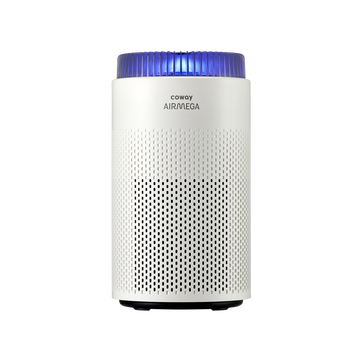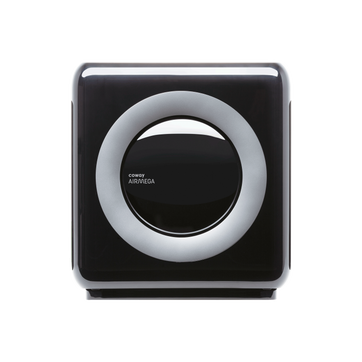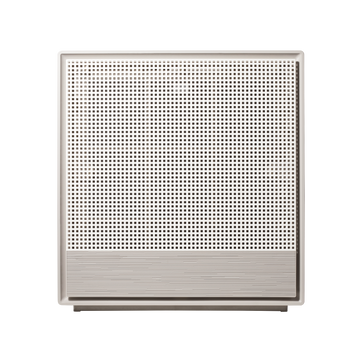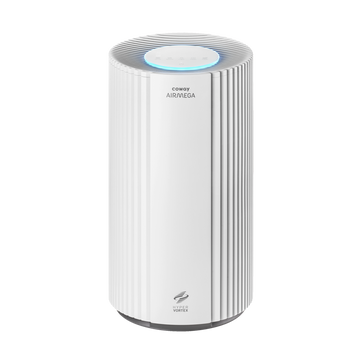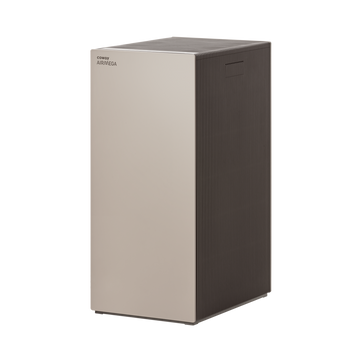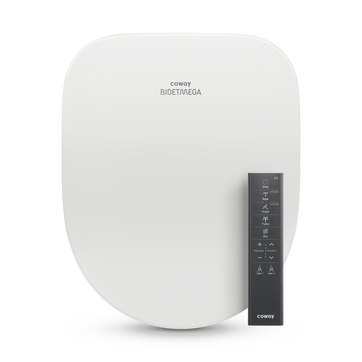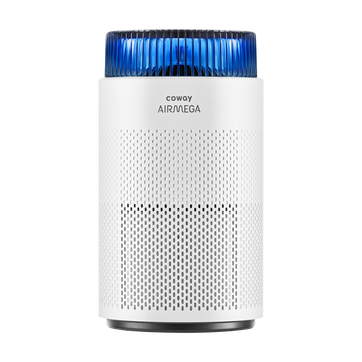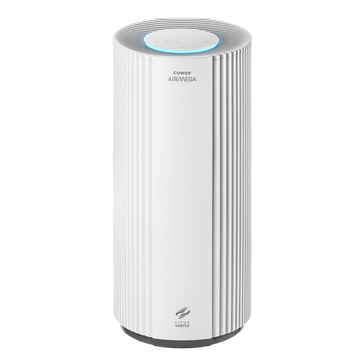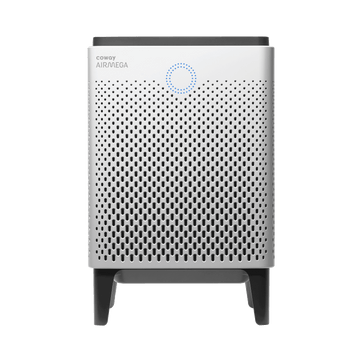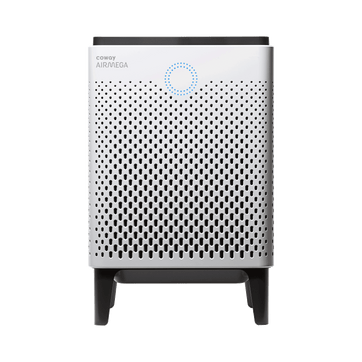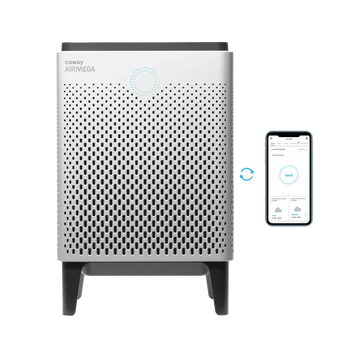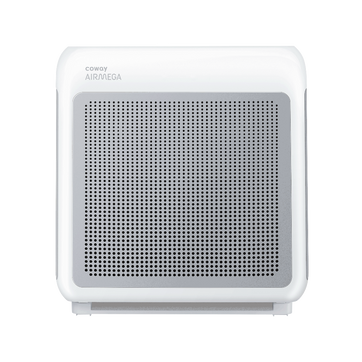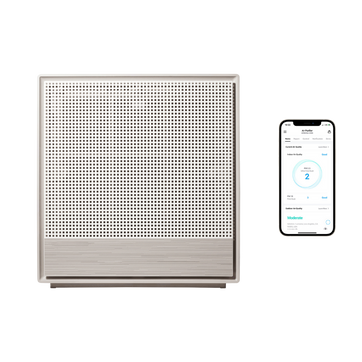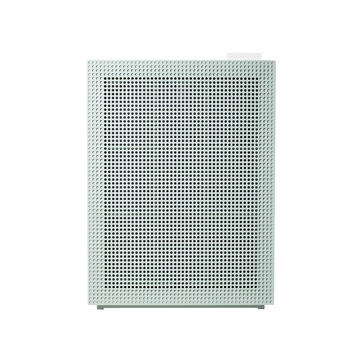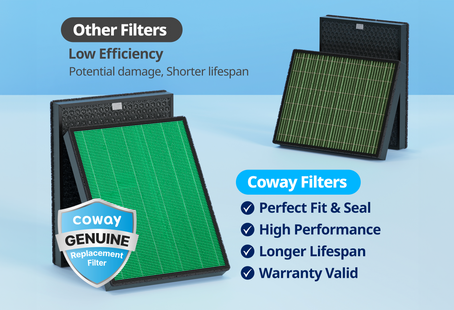
Why lead is so dangerous in drinking water
In early April, attorneys for a group of school children in Flint, Michigan won a $4 million legal agreement. As a result, in the fall of 2018, the kids will begin receiving health screenings and assessments to measure the impact of lead found in the city’s drinking water. Next the lawyers plan to advocate extending these health services to all school children in Flint. But why are they fighting for screenings and assessments? What’s so dangerous about lead in the drinking water supply?
The Danger of Bioaccumulation
The Environmental Protection Agency (EPA) states there is no known safe level of lead consumption for anyone, but children are particularly vulnerable. Kids absorb lead into their systems more easily than adults. Once lead is in a child’s system, it bioaccumulates, meaning that the contaminant compiles in the body over time. This can cause a number of issues, for instance, if young brain cells absorb lead, it can alter brain signals and eventually lower the child’s IQ. If a child’s body begins to store lead in its bone structure, in time, the toxin can interfere with calcium in the bones and inhibit growth.
Additional Concerns
The effects of low-level lead exposure in children include damage to the nervous system, learning and hearing disabilities, blood issues and problems with growth. Adults experience slightly different problems due to lead consumption, including hypertension, higher blood pressure and issues with kidney production and sexual reproduction.
Old Infrastructure
The most common cause of lead in drinking water is due to old water transport systems, e.g. lead water pipes and pipe soldering in homes built before 1986. (In 1986, Congress passed an amendment to the Safe Drinking Water Act of 1974 that prohibited the use of lead components in plumbing.) People cannot smell, see or taste lead in water. Furthermore, boiling water does not eliminate it.
Reducing Exposure
To reduce exposure to lead in drinking water, one of the EPA’s recommendations is for households to use “a water filter certified to reduce lead.” The Coway Aquamega 100 qualifies for this vital function, certified by the Water Quality Association (WQA) to reduce 99.8 percent of lead found in drinking water.
Disclaimers
1Coway air purifiers have been proven to trap dust, pollen, dander, viruses and bacteria in the air based on KCL (Korea Conformity Laboratories) testing.They have been tested in a 30㎥ size chamber according to the Korea Air Cleaning Association standard (SPS-KACA 002-132:2022 Modified) to measure the 0.01㎛ size of particle removal rate. It was tested on maximum airflow speed in normal room temperature and humidity conditions. The performance may vary in the actual living environment of customers.
→ Tested with Airmega Aim, 50, 100, 150, 160, Tower AP-1216L, Mighty AP-1512HH, MightyS AP-1512HHS, 200M, Icon, IconS, 230, 240, 250, 250 Art, 250S, 300, 300S, 350, 400, 400S, 450, ProX
299.97% of viruses, bacteria, fungi and pollen were verified to be removed from the air for Coway air purifiers which have Green True HEPA™ filter applied based on the Japan Food Research Laboratories(JFRL) testing according to JEM 1467 standard.
→ Tested with Coway Airmega Mighty AP-1512HH, MightyS AP-1512HHS, 250, 250 Art, 250S, 300, 300S, 400, 400S
→ All tested by JFRL and received above result within below time.
All tested by JFRL and received above result within below time.
- Virus: Tested with Escherichia coli phage ΦX174 NBRC 103405, 60 minutes
- Bacteria: Tested with Staphylococcus epidermidis NBRC 12993, 60 minutes
- Fungi/Mold: Tested with Penicillium citrinum NBRC 6352, 60 minutes
- Pollen: Tested with Cedar Pollen extract, 60 minutes
3Aerosol test conducted in a Biosafety level 3 laboratory with two Coway air purifier models, Coway Airmega 250 and 400 for removal of SARS-CoV-2 Aerosol by US based MRI Global, a not-for-profit laboratory and partner of US Department of Defense. The test was conducted in a 13.1ft3 chamber. Virus was aerosolized for 15 minutes and the product was turned on high for 2 minutes. Result showed each product effectively removed over 99.98% of the SARS-CoV-2 in 2 minutes. This is a result from a laboratory experiment condition and result may vary in different conditions. This result does not imply it kills SARS-CoV-2 or prevents the transmission of Covid-19. Coway Airmega 250S and 400S are identical to the tested models and has equal performance with an additional mobile connectivity function.
4The concentration of ammonia, acetaldehyde and acetic acid were proven to be removed within 30 minutes by FCG Research Institute, Inc. Human Life Science Lab. It is not a demonstration result in the actual use space. Not all odors and gases may be supported. → Tested with Coway Airmega 150, 160, Mighty AP-1512HH, MightyS AP-1512HHS, 400, 400S
5The coverage area of the air purifier is based on an area where the air cleaner can make two air changes per hour (ACPH). An air change per hour translates to how many times an air purifier can clean an area, assuming the height of a ceiling to be 8 ft, in one hour. Therefore ** means two air changes per hour means that the cleaner can clean the area once every 30 minutes and * means air changes per hour means that the air purifier can clean the area once every 60 minutes.
10Terms and conditions apply. Discounts, including promotions, coupons, bundle discount and subscription discount, cannot be stacked on top of other coupons. During promotional periods, discount codes will not be able to be applied to orders. Promo codes may apply to products only—filters, accessories, and new products within 3 months of the release date are not included.
